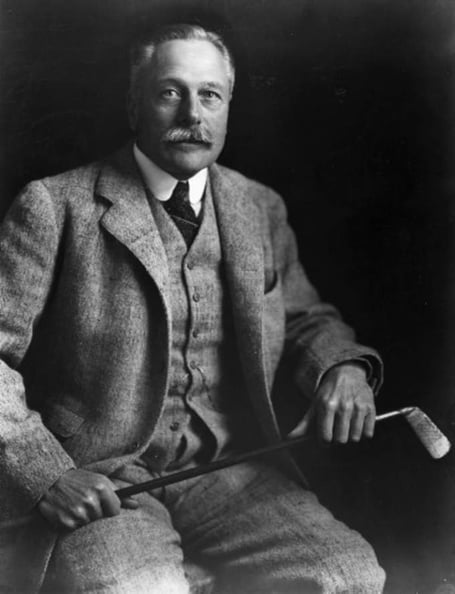AFTER the First World War ended in 1918, thousands of servicemen returned from the battlefields to find that the economic state of the country that they had fought for was in a very bad way with few jobs for discharged servicemen and an acute shortage of housing.
All over the country there was the pitiful sight of young men, many still suffering from their wounds, begging for food on the streets. There was no welfare system as we know it today, and the Government could do little to help to alleviate the hardship suffered by many.
Most houses were rented and tied to your job, so if you had no job, you had no home. This was particularly hard on the young widows, whose breadwinner was gone, and a lot of children had to go into children’s homes whilst their mother had to live in the workhouse. For many, life was extremely bleak.
This state of affairs so moved Lance Bombardier Tom Lister, a Lancastrian, that he decided that if the Government was either unable or unwilling to do anything to improve the lives of ex-servicemen, he would try to do something himself. He started by getting together a group of unemployed ex-servicemen and sending them out to seek funds from individuals and businesses. They were delighted with the response, and with the donations they received. With the money, which he called his ‘pot of gold’, he set up soup kitchens for jobless ex-servicemen. He filled empty drill halls with beds, tables and chairs and invited the men to use them for lodgings. Many were able to sleep in the warm, in a bed, and had regular food for the first time in months, perhaps years.
Many of the young men were suffering from what was then called shell shock, a condition which we know better today as Post Traumatic Stress Disorder. The condition was not understood in those days, but Lister realised that these young men needed help. He approached breweries and asked for half price beer so that he could turn his soup kitchens into clubs, where the men could talk about their experiences with others in the same situation and get the terrifying war memories out of their heads. This approach proved successful and provided many with the help and companionship they needed.
Tom Lister then set about occupying the young men’s time. In order to provide more permanent housing, he approached a number of property owners who could not afford to repair their dilapidated houses. He asked them to lend him the houses free for up to ten years if he had them properly repaired. Many owners agreed, and using the money raised from donations to buy materials and tools, he set his men to work repairing them. Once the houses were ready, he moved the men into some of them, and offered others to young widows who were able to be reunited with their children and live together as families again. Lister also lent tools and materials to the men so they could seek other work, and if they were successful, they had to contribute 6p a week to the ‘pot of gold’.
Gradually word spread, and other groups of people set themselves up to emulate him in towns and cities all over Britain. It is largely because of these groups that there are branches of the Royal British Legion in practically every city and large town in the country to this day.
In 1921, several eminent politicians and statesmen, including Winston Churchill and Lord Jellicoe, although much impressed by the work of the volunteer groups, were concerned that they were becoming rather disorganised. It was suggested that these groups amalgamate into one organisation. The British Legion was established with the Prince of Wales as its first patron, Earl Haig as the first President, and Tom Lister himself as the first national chairman. In that year also, the first national appeal was held to raise money for the work of the Legion, and £106,000 was raised, a very substantial sum in 1921 money terms.
Despite the fact that the Second World War ended more than 70 years ago, the work of the Legion continues to grow. There has been only two years since 1945 in which no British serviceman or woman has died in conflict.
The poppy was chosen as a flower to represent remembrance as these wild red poppies flourished in the battlefields in France. The first poppy day was held in Britain on November 11, 1921. The poppies were obtained from a French organisation which used its profits to help children in war-devastated areas.
Disabled veterans continue their work in the Legion Poppy Factory at Richmond. They put together the poppies and make up the wreaths. If you have a wreath in a box, you will see the name of the person who made it.
The Poppy Appeal is the biggest fundraiser for the Royal British Legion.
The Legion is there to help our servicemen and women to adjust to life after conflict, to help them and their dependants with financial and medical requirements, and generally provide any support needed.
There is a good deal of support given to serving and ex-service personnel, their dependants and families in the local area, most of which is not publicised for reasons of confidentiality.
At the 11th hour on the 11th day of the 11th month in 1918, the Armistice was signed, and now at this time we remain silent in the memory of those who have died and take time to remember the sacrifice of those who laid down their lives in the past to preserve our freedom and way of life.





Comments
This article has no comments yet. Be the first to leave a comment.